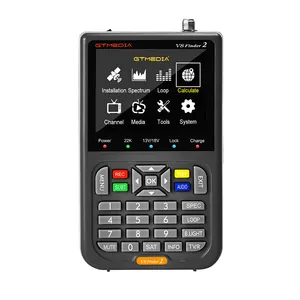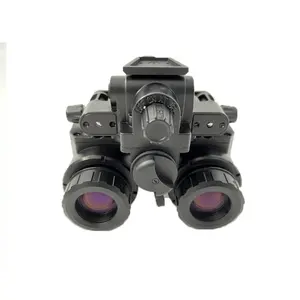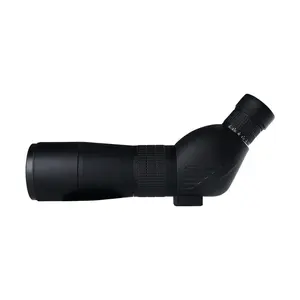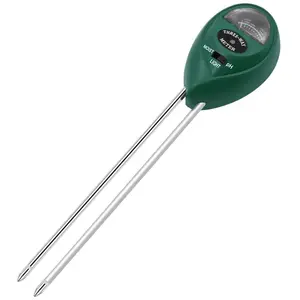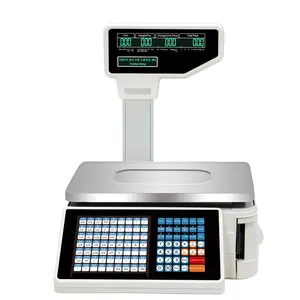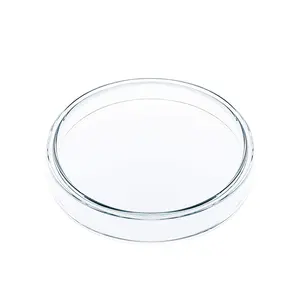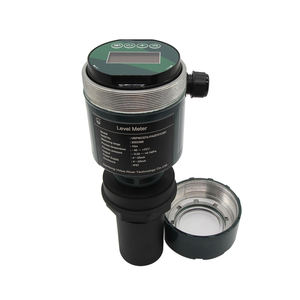Popular in your industry
































































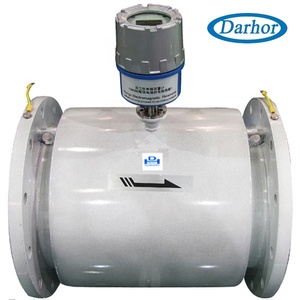





















































































































































About analog water meter
Analog Water Meter Overview
Analog water meters are essential tools for measuring water consumption in various settings. These devices are the traditional choice for monitoring water usage, offering a straightforward approach to tracking and managing water flow in residential, commercial, and agricultural environments.
Types and Applications
Analog water meters come in different types, each designed to suit specific applications. Residential water meters are commonly used in homes to measure daily water usage, while commercial water meters are designed for larger scale operations, providing accurate measurements for businesses and multifamily complexes. Irrigation water meters are tailored for agricultural use, helping to manage and conserve water in farming activities.
Features and Materials
The construction of an analog water meter typically involves robust materials such as brass or plastic, ensuring durability and longevity. These meters are known for their mechanical displays, which show water usage through a series of dials or a spinning wheel, allowing for easy reading and straightforward maintenance.
Advantages of Analog Water Meters
Analog water meters are valued for their simplicity and reliability. They do not require electrical power to operate, making them suitable for locations with limited access to electricity. Additionally, their mechanical nature means they are less susceptible to certain types of interference, ensuring consistent performance over time.
Choosing the Right Meter
Selecting the appropriate water submeter involves considering the specific needs of a property or project. Factors such as the size of the pipelines, the expected water flow rate, and environmental conditions play a crucial role in determining the most suitable meter.
Integrating with Modern Systems
While analog meters are less complex than their smart counterparts, many can be integrated with modern monitoring systems to enhance data collection and analysis. This integration allows for a hybrid approach, combining the reliability of an analog water meter with the convenience of digital data tracking.
